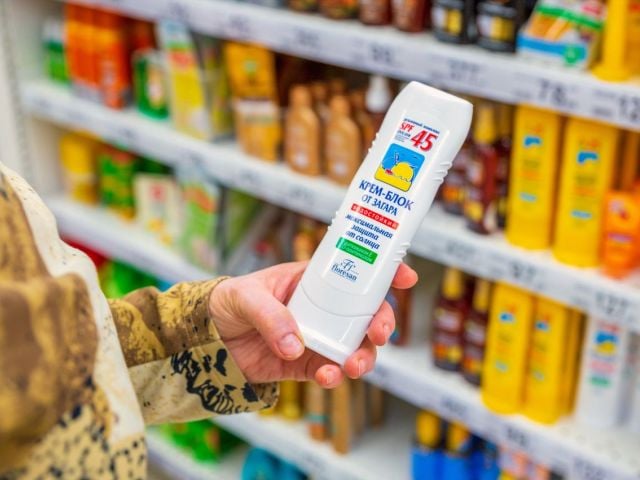SAN FRANCISCO – The Environmental Working Group on Monday called on the conventional produce industry to support a recent federal court ruling requiring the Environmental Protection Agency to ban or severely restrict the use of a highly toxic pesticide widely used on many fruits and vegetables.
In a letter to a dozen leading produce industry groups, EWG President Ken Cook urged them to back the April 29 ruling by the 9th Circuit Court of Appeals, which required the EPA to take immediate steps to protect children from further exposure to the neurotoxic organophosphate insecticide chlorpyrifos.
“The presence of chlorpyrifos residues on conventionally grown produce has posed serious risks to public health, and especially children’s health,” wrote Cook. “We write today to urge your respective organizations to stand with consumers, parents and all Americans who want to eat healthy foods that do not put them at risk of dietary exposure to chlorpyrifos, and ask you to publicly support the federal court’s decision requiring the EPA to take immediate steps to protect children from this highly neurotoxic pesticide.”
The most recent pesticide residue tests on conventional produce items conducted in 2019 by the Department of Agriculture found the insecticide on asparagus, hot peppers, basil, cilantro, radishes and frozen strawberries. Previous tests by the USDA detected it on other produce items, including apples, fresh strawberries and grapes.
Studies have shown that even in small amounts, exposure to chlorpyrifos during pregnancy and early life harms the developing brain, causing lifelong damage, such as reduced IQ and delayed development of motor and sensory functions, as well as social and behavioral dysfunction.
A chlorpyrifos ban was first proposed by the Obama administration, in 2015, but has been continuously thwarted by pesticide industry executives and the EPA under former President Donald Trump.
In his letter, Cook also raised concerns about another neurotoxic pesticide, aldicarb, which the EPA recently proposed should be allowed for use on orange and grapefruit crops in Florida.
“EWG has called on the EPA to revoke the use of aldicarb on citrus grown in Florida, and we call on those organizations that grow, ship and market the state’s citrus fruit to support ours and others’ efforts to end the use of this highly toxic pesticide,” Cook wrote. “The risks that chlorpyrifos and aldicarb exposure poses to the brain and behavioral development in young children should and must far outweigh any financial benefits these insecticides have for your conventional produce operations.”
Among the groups Cook wrote to are the California Fresh Fruit Association, the California Strawberry Commission, the U.S Apple Association and the United Fresh Produce Association.
The complete ruling by the 9th Circuit can be found here.
###
The Environmental Working Group is a nonprofit, non-partisan organization that empowers people to live healthier lives in a healthier environment. Through research, advocacy and unique education tools, EWG drives consumer choice and civic action. Visit www.ewg.org for more information.


